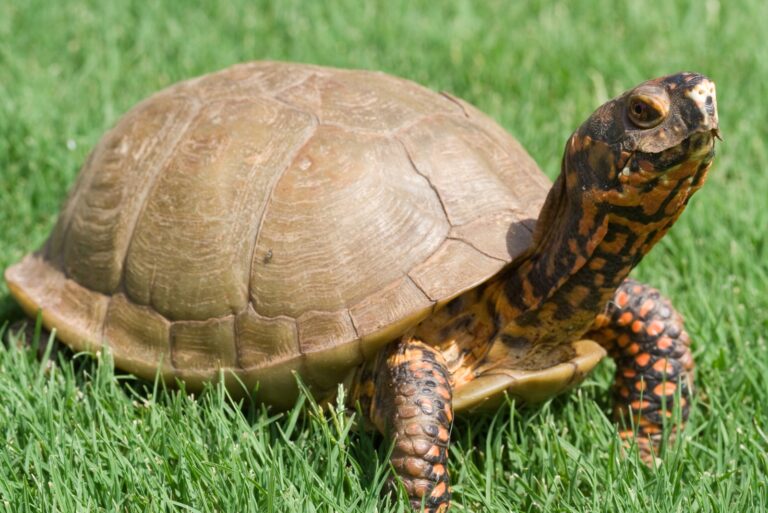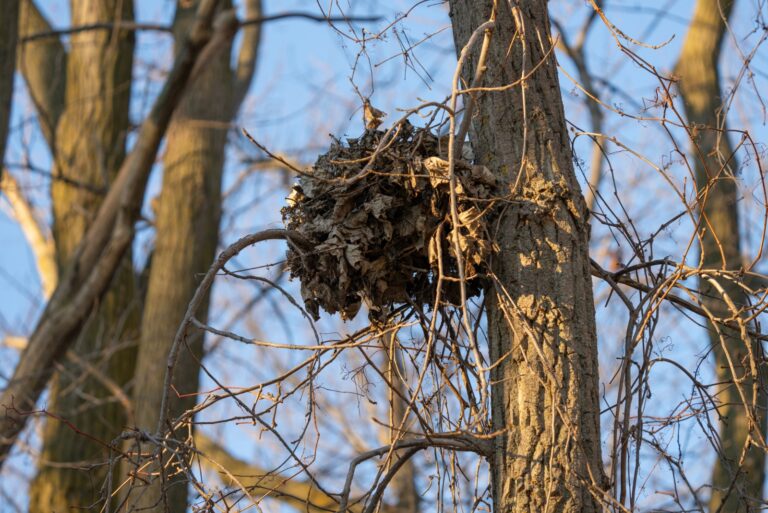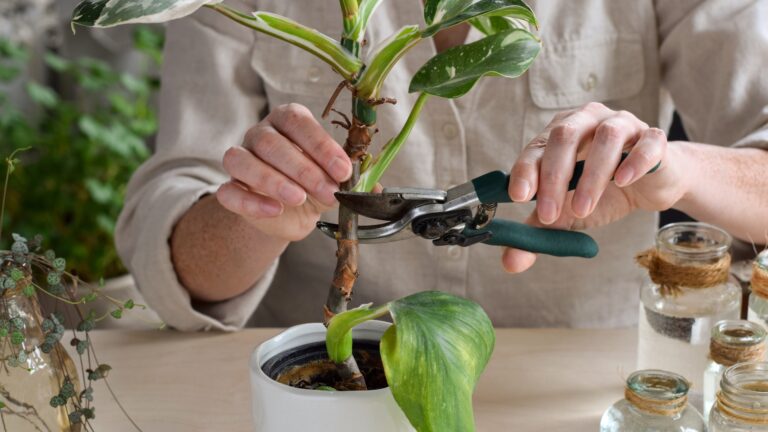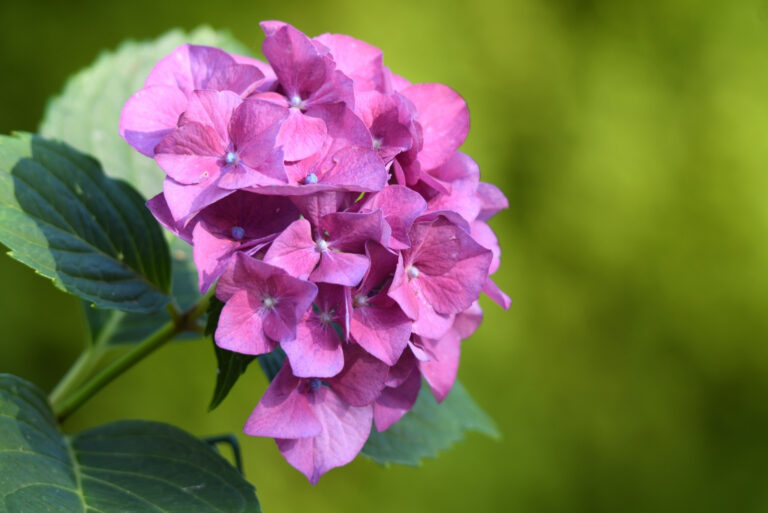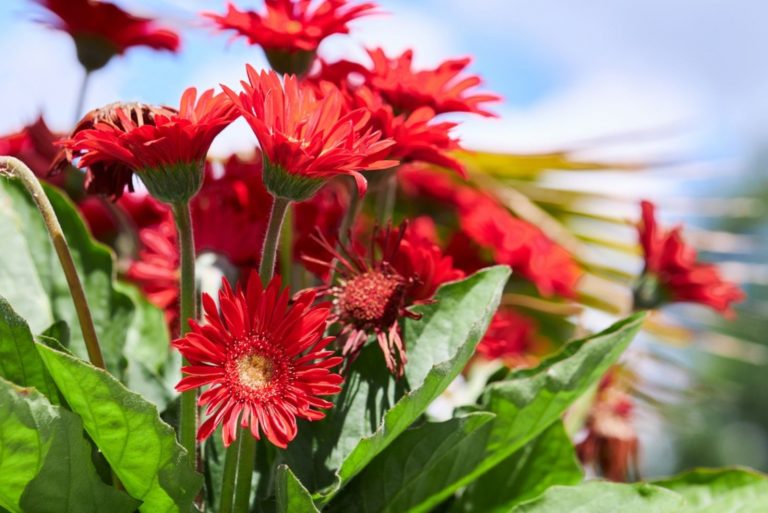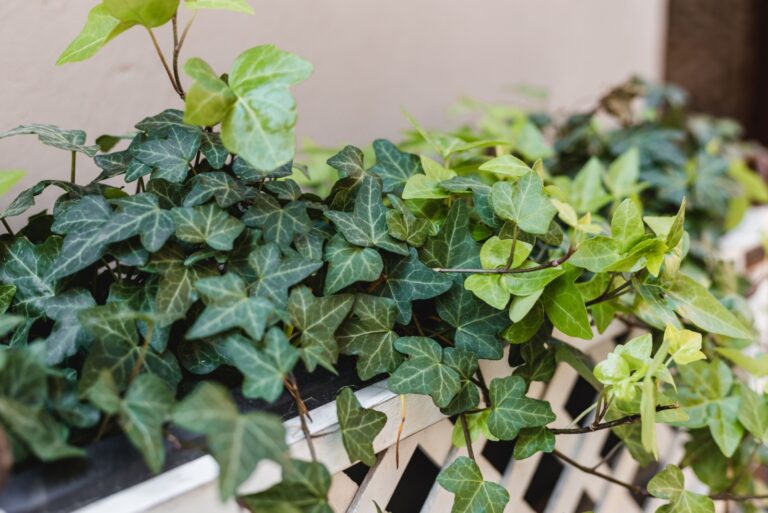7 Reasons To Plant Lavender Near Your Patio In North Carolina
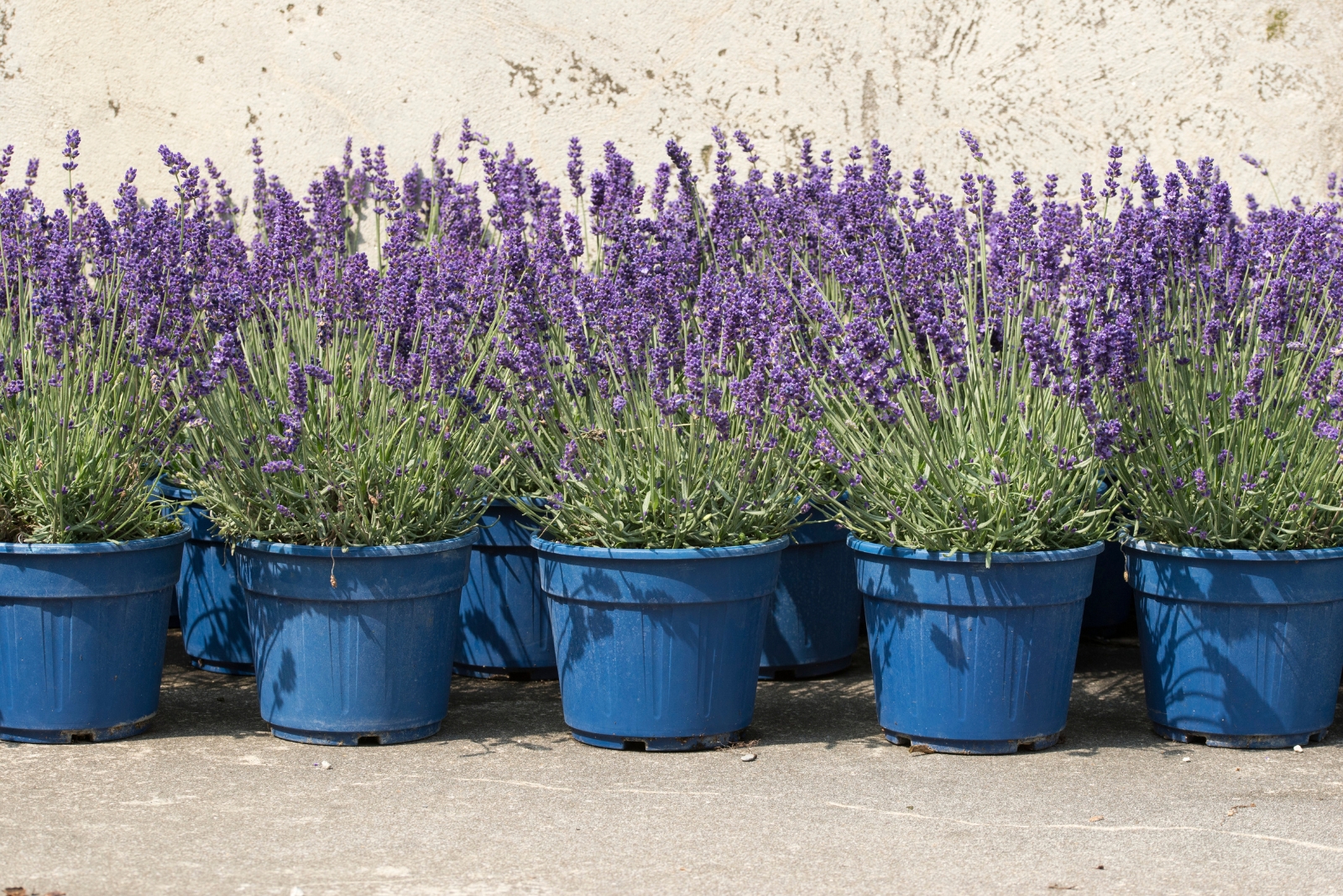
Lavender isn’t just beautiful—it’s practically magical near a patio in North Carolina. From scent to pollinators, it does more than you might think.
I’ve gathered seven reasons you’ll want it close to your favorite outdoor spot. Get ready for a garden that smells as good as it looks.
1. Natural Mosquito Repellent
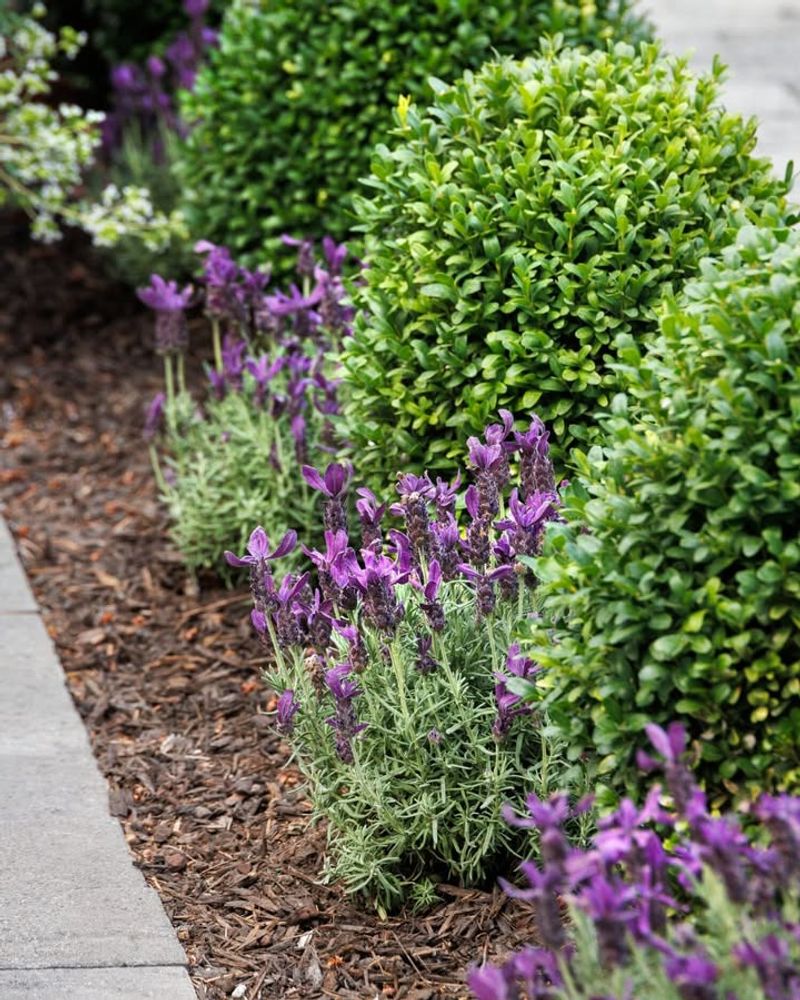
Mosquitoes absolutely hate the scent of lavender, which works to your advantage during those warm North Carolina evenings. Planting this herb around your patio creates a natural barrier that keeps these annoying bugs away without harsh chemicals.
You won’t need to spray yourself with smelly repellents when you’re trying to enjoy dinner outside. The essential oils in lavender confuse mosquitoes and make them want to stay far away from your space, giving you peaceful summer nights under the stars.
2. Beautiful Purple Blooms All Summer
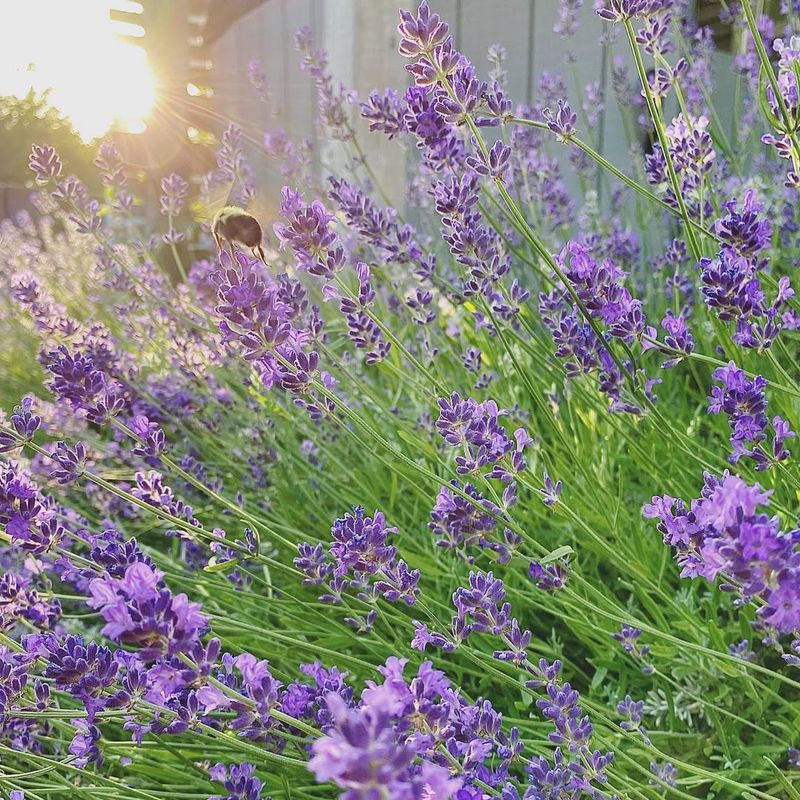
Few plants offer such stunning color for such a long time. Lavender produces gorgeous purple flowers that stick around from late spring through the end of summer, giving your North Carolina patio constant visual appeal.
The silvery-green foliage looks attractive even when blooms fade, so your garden stays interesting year-round. Different lavender varieties offer slightly different shades, from deep violet to soft lilac, letting you create your own custom color palette that matches your outdoor decor perfectly.
3. Attracts Helpful Pollinators
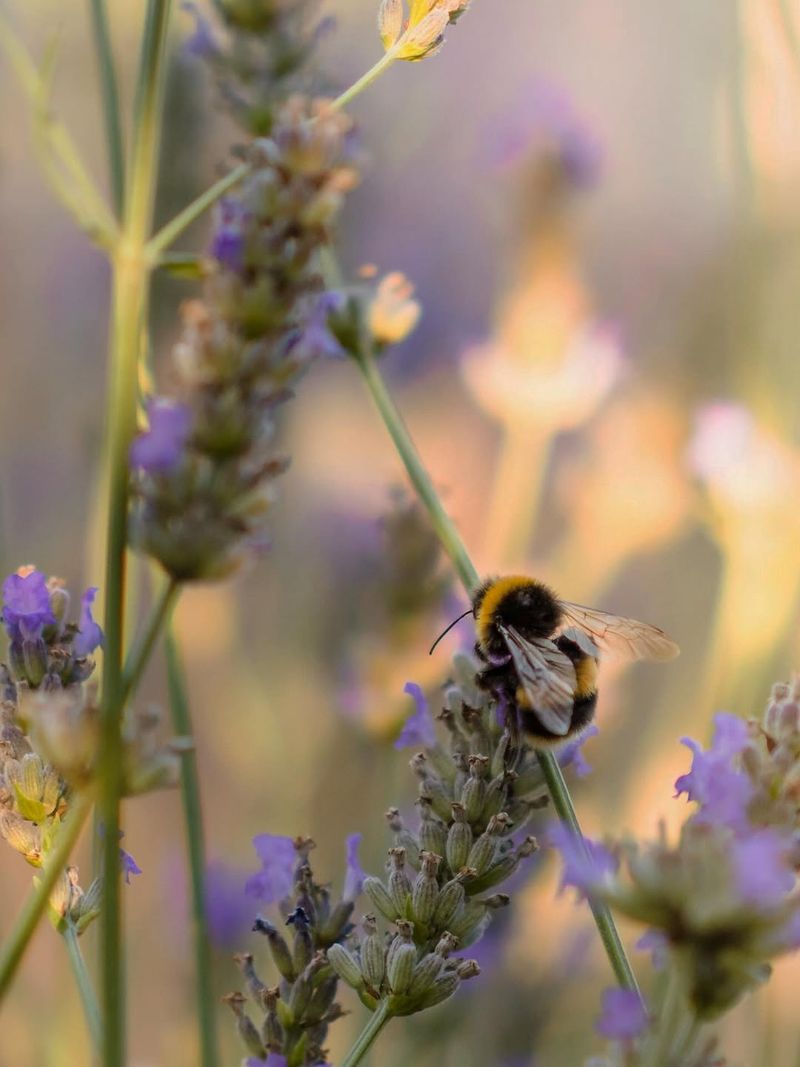
Bees and butterflies love lavender just as much as you will. When you plant it near your patio in North Carolina, you’re creating a mini wildlife sanctuary that helps these important creatures thrive.
Watching pollinators work their magic adds entertainment to your outdoor time. Your vegetable garden will benefit too, since these busy insects will pollinate other plants while they’re visiting. Supporting local bee populations has never been easier or more beautiful than growing this fragrant herb right outside your door.
4. Calming Aromatherapy Benefits
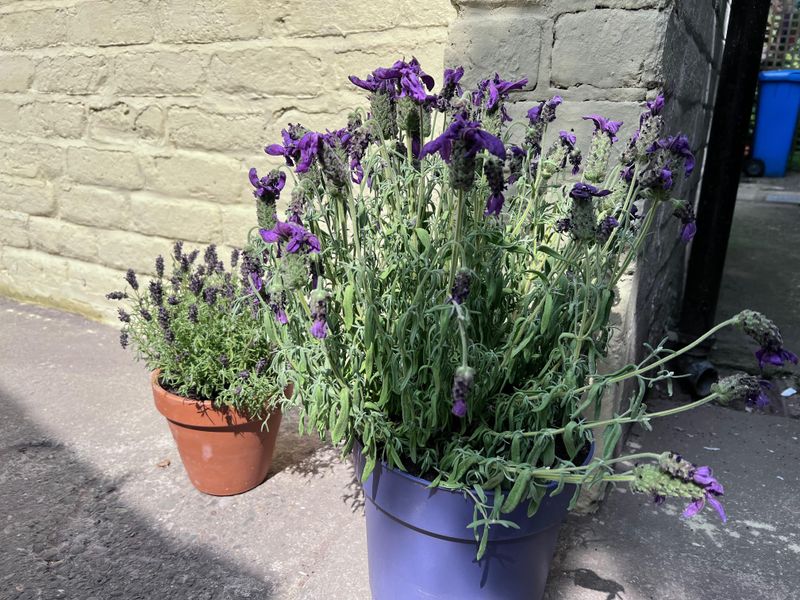
Science proves that lavender’s scent reduces stress and helps people feel more relaxed. Having it growing right outside your door means free aromatherapy whenever you step onto your North Carolina patio.
The natural fragrance drifts through the air on warm breezes, creating a spa-like atmosphere without any effort. After a long day, sitting near your lavender plants can help your mind unwind and your body release tension, making your outdoor space a true retreat from daily pressures and worries.
5. Low Maintenance and Drought Tolerant
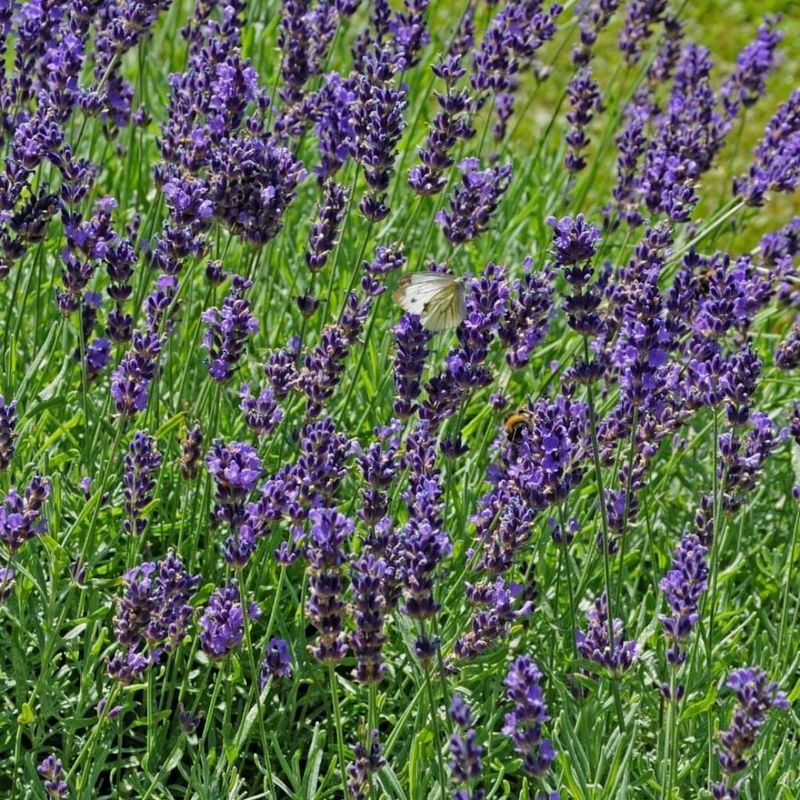
Busy homeowners in North Carolina appreciate plants that don’t demand constant attention. Lavender thrives on neglect, needing very little water once established and barely any fertilizer to stay healthy.
Hot summer days won’t stress these tough plants like they do other garden favorites. Sandy or rocky soil doesn’t bother lavender either, making it ideal for spots where other plants struggle. You’ll spend more time enjoying your patio and less time maintaining plants, which is exactly what outdoor living should be about.
6. Fresh Herbs for Cooking and Crafts
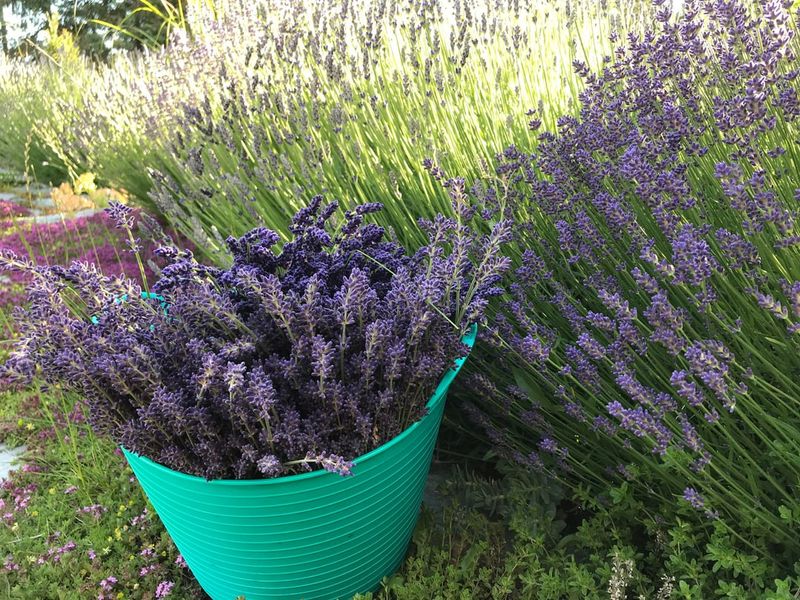
Growing lavender near your patio means you can snip fresh stems whenever you need them. North Carolina gardeners love having easy access to this versatile herb for cooking, baking, and homemade craft projects.
Add fresh or dried lavender to cookies, lemonade, or honey for unique flavors your guests will remember. You can also make sachets, wreaths, or homemade soaps that smell incredible. Having your own supply saves money compared to buying it at stores, and homegrown always has better fragrance than store-bought versions.
7. Year-Round Evergreen Structure
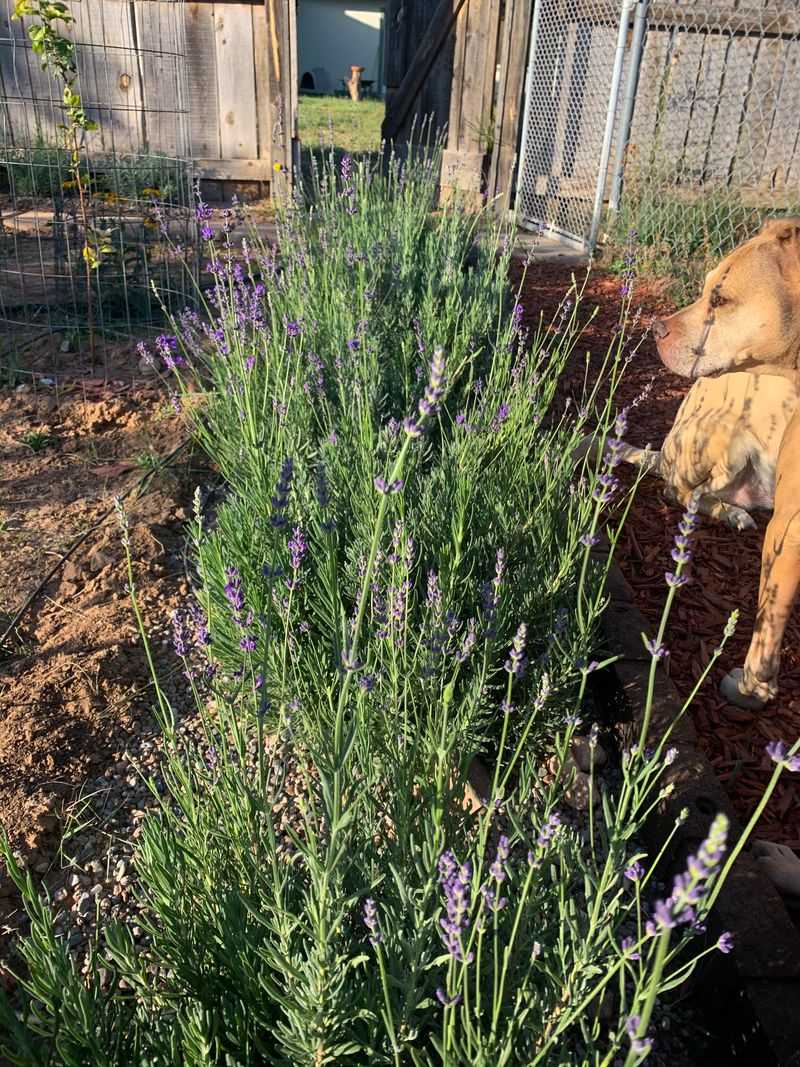
While many plants disappear completely in winter, lavender keeps its silvery leaves throughout the year in North Carolina’s mild climate. This evergreen quality means your patio area never looks bare or forgotten, even during colder months.
The compact, mounded shape adds structure to your garden design when other plants have died back. Snow or frost makes the foliage sparkle beautifully, creating unexpected winter interest. You’ll appreciate this reliable presence when everything else in your garden has gone dormant and brown.

